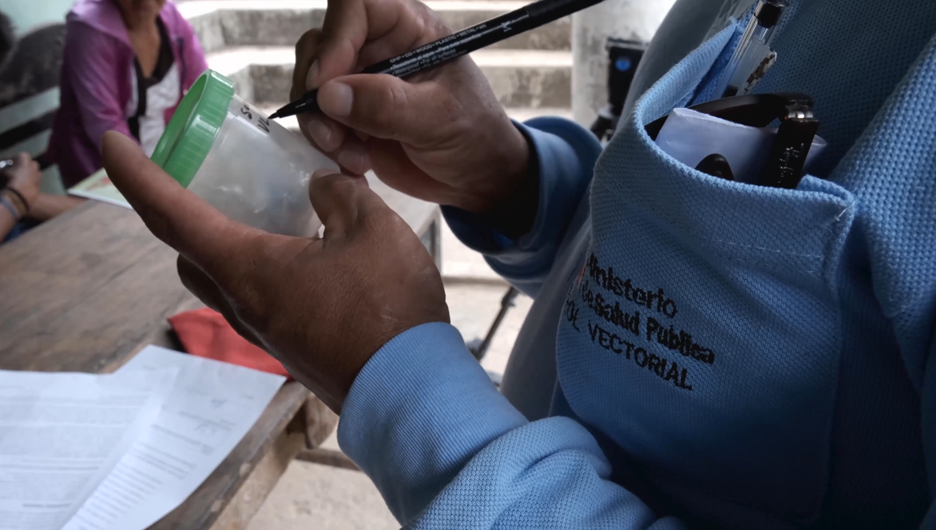What web browser should I use?
The Open edX platform works best with current versions of Chrome, Edge, Firefox, Internet Explorer, or Safari.
See our list of supported browsers for the most up-to-date information.

Welcome to our implementation research case example focusing on chagas disease and Ecuador. This module offers a comprehensive exploration of the strategies employed to address the challenges posed by Chagas disease, a neglected tropical disease prevalent in Latin America. With a specific focus on the southern Ecuador context, this course describes the relationship between public health interventions, socioeconomic factors, and community understanding, all of which are essential for the prevention, treatment, and diagnosis of chagas disease. Through a truly interdisciplinary lens, participants will gain an understanding of the complexities surrounding chagas disease within Ecuador. We will examine the role of community engagement and multidisciplinary strategies for confronting Chagas disease. Participants will develop an understanding of designing, implementing, and evaluating strategies that consider the cultural, economic, and geographical underpinnings of affected communities. Join us in this case example to further develop your knowledge and skills in implementation research!
A general knowledge of public issues in your country may be an advantage
Your instructor for this case example is Mr. Esteban Baus of the Center for Health Research in Latin America, Pontificia Universidad Católica del Ecuador (PUCE). You will also hear from researchers involved in the project as well as families who participated in the Chagas intervention.
The Open edX platform works best with current versions of Chrome, Edge, Firefox, Internet Explorer, or Safari.
See our list of supported browsers for the most up-to-date information.
Currently, this course does not offer a certificate or academic credit.
The MOOC is completely free. You can also leave the MOOC at any time without penalty.
This course is fully self-paced, meaning you can go through the content as quickly or as slowly as you would like. We estimate you will need 1 to 2 hours to complete the full course, with some participants needing more time and some participants needing less time.
This MOOC session is not live-streamed. Participants do not need to log in at specific times of day to participate and watch the videos, which means that you can take the MOOC in a way that is convenient for you.
There are no tests or assignments for this course.
© WHO 2018
This e-learning training was developed by TDR in collaboration with WHO.
The training is intended as a self-learning course on Implementation Research.
All reasonable precautions have been taken by TDR to verify the information contained in this e-learning. However, the e-learning is being distributed without warranty of any kind, either expressed or implied. The responsibility for the interpretation and use of the material lies with the reader. In no event shall WHO be liable for damages arising from its use.
The authors alone are responsible for the views expressed in this training package and they do not necessarily represent the decisions, policy or views of the World Health Organization.